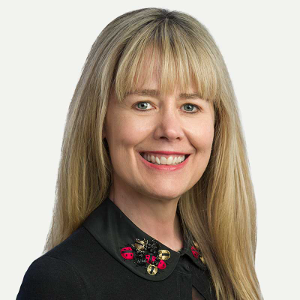Best Lawyers Near You in Calgary, Alberta for Technology Law
Practice Area Overview
Expertise also can be provided with respect to recent specific Canadian laws affecting technology and electronic commerce, including the Personal Information Protection and Electronic Documents Act (PIPEDA), the Competition Act, and the Act to promote the efficiency and adaptability of the Canadian economy by regulating certain activities that discourage reliance on electronic means of carrying out commercial activities (otherwise known as the Anti-Spam and Anti-Spyware Act).
Practitioners ranked in this area have demonstrated expertise in, both intellectual property and business/commercial law, as well as knowledge of industry best practices. Knowledge of technology business concerns is also needed as technology lawyers frequently assist clients in providing strategies and recommendations for matters involving technology-related intellectual property, including computer systems, technology-based products, or businesses with an important technology component.
Key factors to consider in engaging a lawyer for a technology transaction or consultation include the ability of the lawyer to find practical solutions to satisfy both the legal and commercial needs of the client. The lawyer should be able to integrate the impact of different laws including contract, competition, sales, bankruptcy, and tax laws on the technology-related activities of the client. The lawyer also should be capable of drafting and negotiating of a wide variety of agreements related to computer-based assets and electronic commerce transactions.

Lawyers who have a subscription to profiles appear first.
Would you like to claim your lawyer profile?
Contact Us

Our Methodology
Recognition by Best Lawyers is based entirely on peer review. Our methodology is designed to capture, as accurately as possible, the consensus opinion of leading lawyers about the professional abilities of their colleagues within the same geographical area and legal practice area.
The Process
Best Lawyers employs a sophisticated, conscientious, rational, and transparent survey process designed to elicit meaningful and substantive evaluations of the quality of legal services. Our belief has always been that the quality of a peer review survey is directly related to the quality of the voters.



